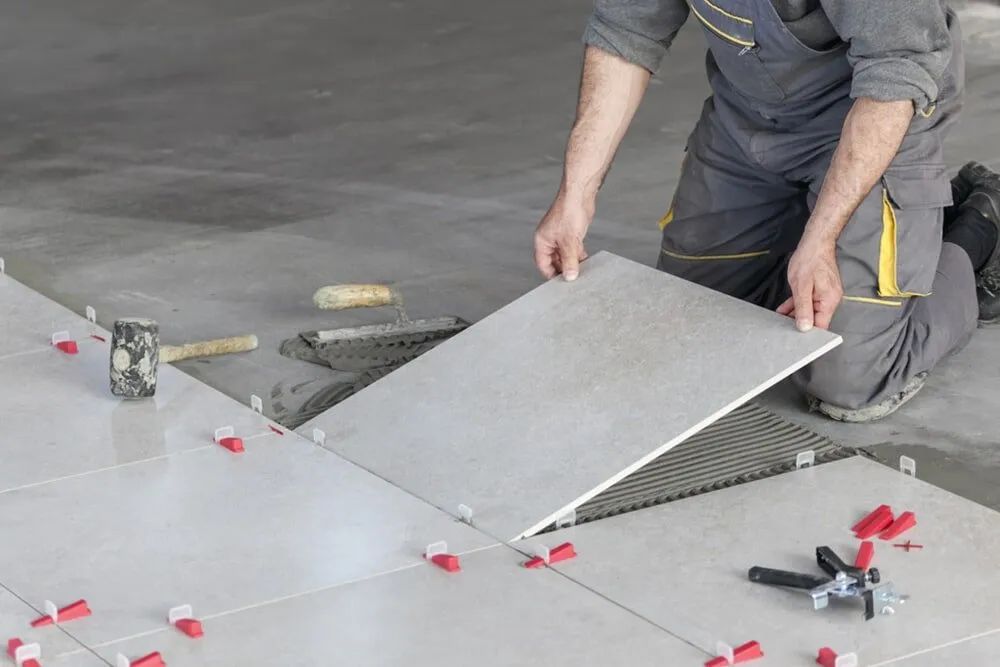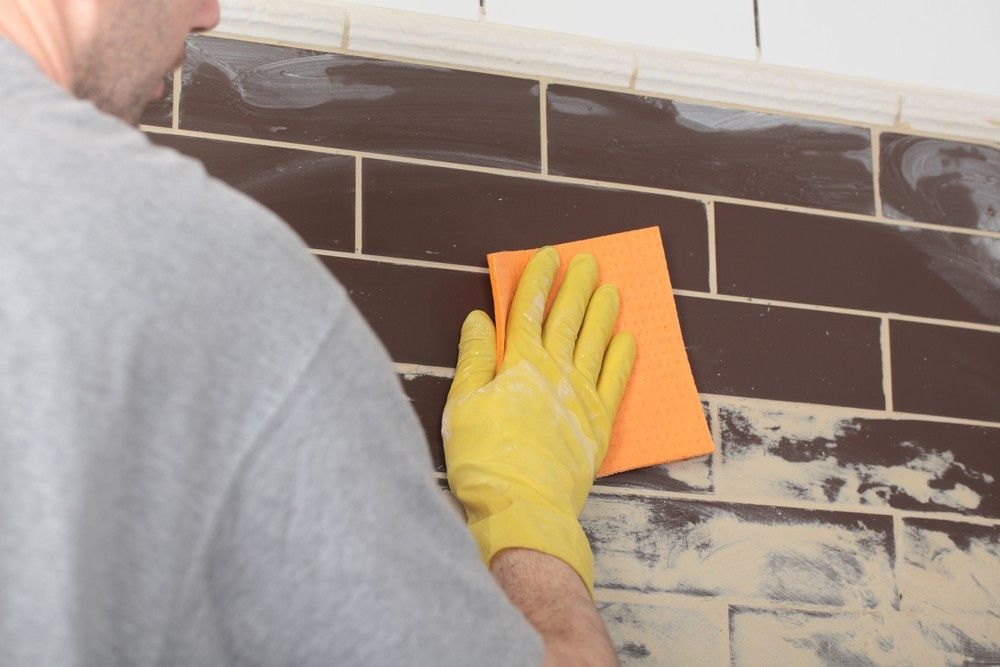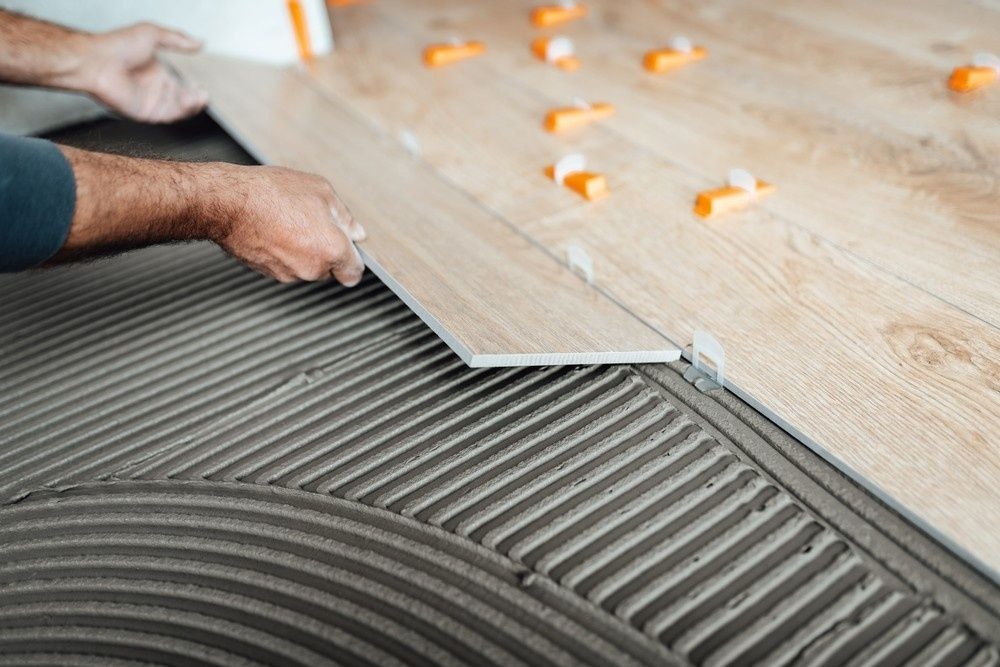Tiling Supplies in Grafton
Get a FREE Quote
Thank you for North Coast Tiles.
We will get back to you as soon as possible.
Oops, there was an error sending your message.
Please try again later.
Trade Supplies
We not only provide tile and flooring, but we also offer all the trade supplies you need to install your new materials. These include, spacers, adhesives, grout and tools of the trade.
If you are unsure of what supplies might be needed, we are more than happy to assist. Tell us what type of tile or other flooring you are going to be using, and we will guide you on the most effective supplies for your upcoming job.
The right materials for the work may also heavily depend on where you will be using them. For instance, floor tiles in a high-traffic area may require a different grout than that used on a shower wall or benchtop.
We are committed to offering only quality brands that we believe in and would use in our own homes. You can rest assured that we will stand behind our products, so you can feel secure in knowing that you are getting premier items that will stand the test of time.
We’re fully dedicated to offering positive customer experiences. If you have any questions about our products or range of services, call us on
(02) 6642 3768, and we will be glad to assist in any way that we can.
Frequently Asked Questions
What supplies do I need to install floor tiles?
Installing floor tiles requires a combination of materials and tools. Essentials include tile adhesive (or thin-set mortar), spacers to keep grout lines even, a notched trowel for applying adhesive, a tile cutter or wet saw, and grout for sealing the joints once the tiles are laid. A grout float, sponge and bucket are also important for finishing. Depending on the space, you might also need primer, waterproofing membranes, and a levelling system. It’s important to choose the right adhesive and grout based on the tile type and location—wet areas like bathrooms need products with higher water resistance.
What’s the difference between sanded and unsanded grout?
Sanded grout contains fine sand particles and is used for wider tile joints (typically over 3mm), where shrinkage and cracking could be an issue. It provides better durability and is ideal for floors or heavy-use areas. Unsanded grout, on the other hand, is smoother and used for narrower joints (under 3mm), often in walls or vertical surfaces like shower surrounds. It's also preferred for delicate tiles that could scratch. Choosing the right type ensures a stronger, longer-lasting tile installation and reduces the risk of grout failure over time.
What tools are essential for DIY tile installation?
Essential tools for a DIY tile job include a notched trowel for spreading adhesive, tile spacers for even grout lines, a tile cutter or wet saw for precise cuts, and a rubber grout float for applying grout. A level, tape measure and chalk line help ensure accurate placement. You’ll also need a sponge and clean water for wiping excess grout and a bucket for mixing adhesive or grout. If working in wet areas, additional materials like waterproofing membranes and sealant may be required. Having the right tools can make a big difference in the quality and ease of your installation.























